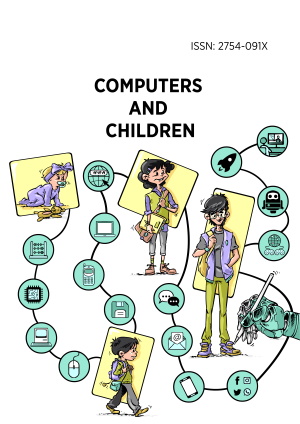Abstract
The current COVID-19 crisis forced most educational institutions all over the world to transfer to remote education. As a result, students experience remote learning stress and employ different adaptive coping strategies in order to succeed in their learning. This paper attempted to explore the relationships among remote learning stress, adaptive coping strategies, and academic performance of university students amid the COVID-19 crisis. Employing a correlation research design, this study surveyed a total of 123 college students in Mindanao, Philippines. The data were treated using descriptive and inferential statistics. The results showed that the students have a high level of remote learning stress, great extent of adaptive coping strategies, and average level of academic performance. It was further revealed that remote learning stress significantly influences the academic performance of the students. Thus, to help students to academically succeed in this time of crisis, this paper recommends for contextual measures that will reduce learning stress brought by remote learning.
License
This is an open access article distributed under the Creative Commons Attribution License which permits unrestricted use, distribution, and reproduction in any medium, provided the original work is properly cited.
Article Type: Research Article
Computers and Children, Volume 1, Issue 1, December 2022, Article No: em001
https://doi.org/10.29333/cac/11823
Publication date: 27 Feb 2022
Article Views: 6602
Article Downloads: 12240
Open Access References How to cite this article
 Full Text (PDF)
Full Text (PDF)